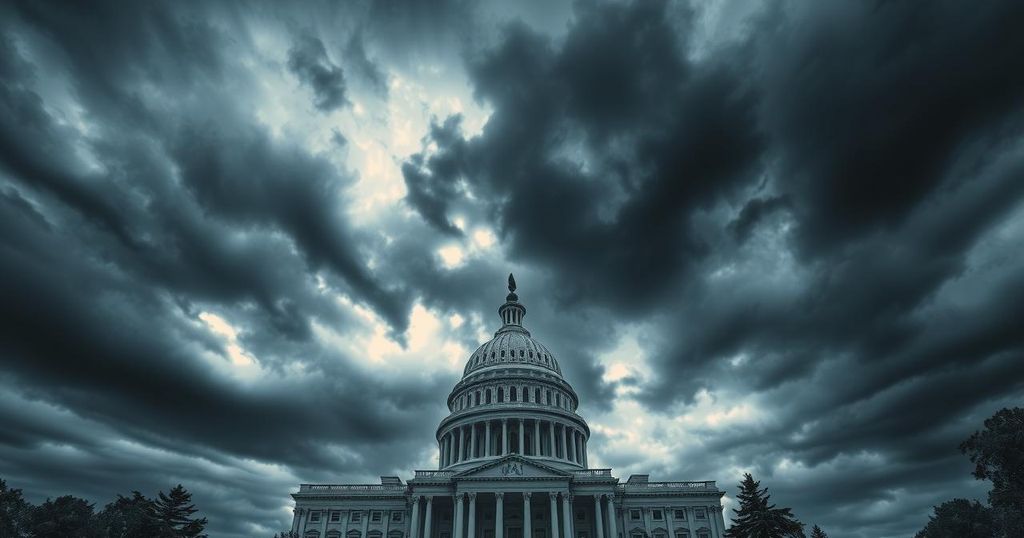Global news
AFRICA, CIVIL WAR, CONFLICT RESOLUTION, EUROPE, FOREIGN RELATIONS COMMITTEE, GERMANY, HUMAN RIGHTS VIOLATIONS, INTERNATIONAL CONFERENCE, IO, JUBA, KI, KIIR, MACHAR, NATIONAL SECURITY, REGIONAL COOPERATION, REGIONAL SECURITY, RIEK MACHAR, SEAN SINICO, SOUTH SUDAN, SUDAN, UNMIS, UNMISS, UPPER NILE
Jamal Walker
0 Comments
Escalating Tensions in South Sudan: Vice President Riek Machar Arrested
Riek Machar, the First Vice President of South Sudan, was arrested amid escalating tensions that threaten to rekindle civil war. The United Nations has warned of the precarious situation, urging all parties to exercise restraint. Approximately 50,000 individuals have already been displaced due to recent clashes, prompting foreign governments to react by temporarily closing their embassies.
South Sudan’s First Vice President, Riek Machar, has been arrested in Juba, as confirmed by the chairman of his party’s Foreign Relations Committee. This operation involved twenty heavily armed vehicles, underscoring the seriousness of the situation. Machar’s SPLM-IO party denounced the actions as unconstitutional and criticized the charges against him as “unclear.”
The United Nations Mission in South Sudan (UNMISS) issued a warning, stating that the country’s leaders are precariously positioned between descending into widespread conflict or progressing towards peace and democracy. Nicholas Haysom, head of UNMISS, urged all parties to exercise restraint during this tumultuous time.
Recent clashes between the forces loyal to President Salva Kiir and those aligned with Machar have exacerbated tensions in the country, resulting in the displacement of approximately 50,000 individuals in the Upper Nile region since last month. Foreign governments, including Norway and Germany, have reacted to the unrest by temporarily closing their embassies out of concern for the escalating security situation.
The arrest of Riek Machar signifies a critical moment in South Sudan, reflecting deep-seated political rivalries and raising fears of renewed conflict. The international community and UNMISS emphasize the need for restraint to avert further escalation and restore peace in the region, where tens of thousands have already been displaced by violence.
Original Source: www.dw.com




Post Comment